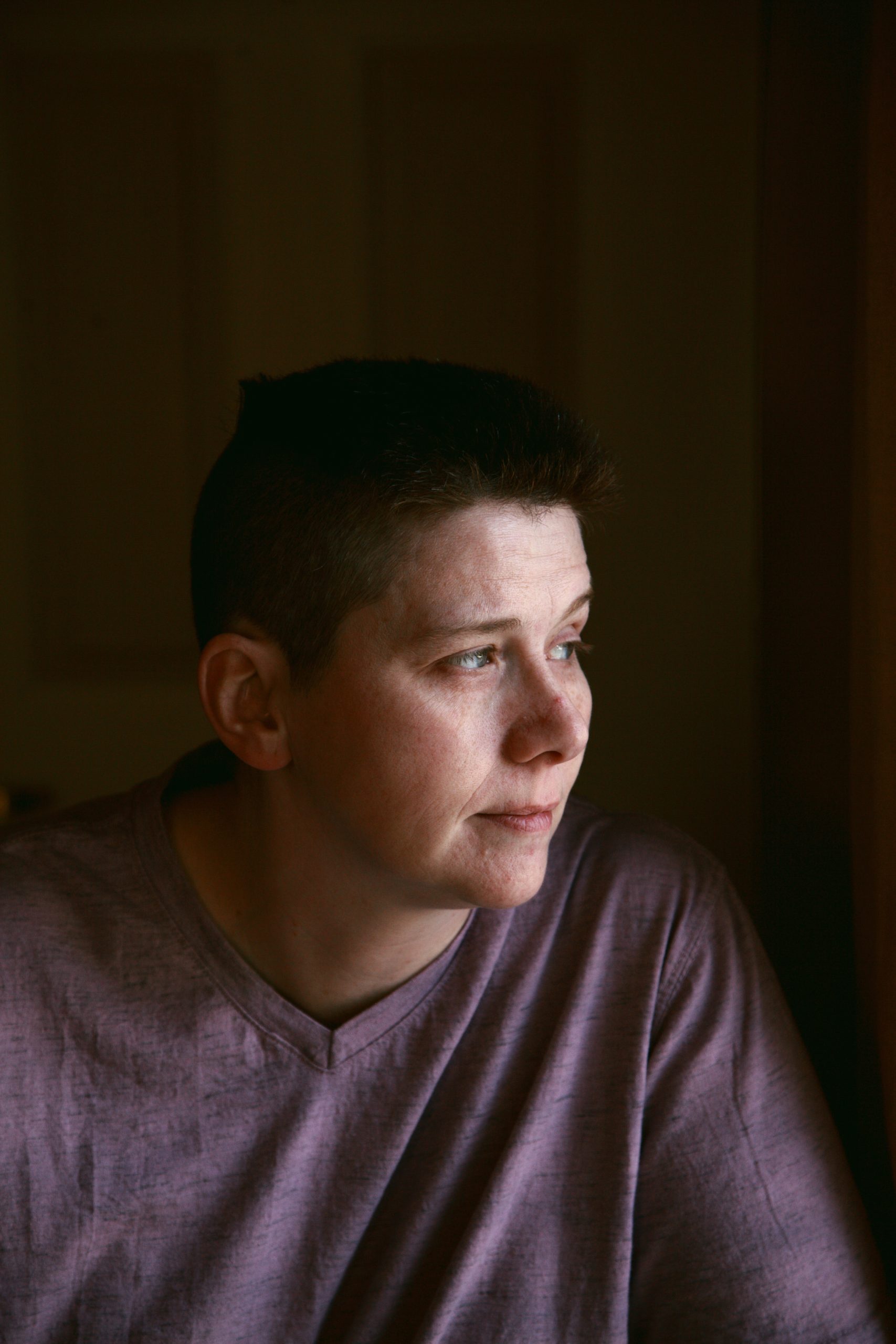Emotions during bereavement

Sadness
As the initial shock begins to pass, you may feel intense sadness. You may want to withdraw from contact with family and friends, and you might find it hard to stop crying. Crying is a way of releasing stress, so allow yourself to cry if you need to. Find a safe space where you can cry in private if you prefer. Not everyone wants to cry, and this too is perfectly normal. Gradually you are likely to accept your loss and cherish happy memories of the dead person, and the sadness will become more bearable.
Anger
Anger is a natural response to loss, and for some people feelings of rage can be intense. You may feel a sense of helplessness at the unfairness of life and anger at others who are carrying on as if nothing has happened. Your anger may also be quite specific, and you may want to blame other people – relatives, friends, doctors – who did not seem to help the person enough before they died, or yourself for not doing more. Feelings of anger towards the person who has died, because you feel abandoned by them and angry at being left to cope on your own, are often distressing and confusing.
One woman said after her son’s death that she felt great anger at him for what he had done to her, her sister, her mother and family. She had often felt overwhelmed with murderous rage at the world, at life and at her friends who she once loved and cared for.
Anger can be a useful way of relieving guilt and sadness. Some people find it helpful to cope with angry feelings through physical activity.
Guilt
It is extremely painful to accept that we were not able to prevent the death of someone close, and bereaved people often judge themselves harshly. A sudden death interrupts close relationships without warning, and since we don’t usually live our lives as if every day might be our last, we assume there will always be time to sort out tensions and arguments or to say the things that have been left unsaid. Guilt may also be aroused by what one feels or does not feel during bereavement (e.g. anger towards a dead person, or inability to cry or show grief openly).
Some people feel guilt for being alive when the other person is dead, or think that they have no right to be happy. Coping with guilt can be one of the most difficult aspects of bereavement by suicide.
Relief
If the person who died had had a long struggle with illness, or other significant difficulties and there had been a lot of unhappiness and suffering for everyone beforehand, families may feel relief that at last it’s all over. This feeling is perfectly natural.
Despair
Despair is draining and saps interest in others, so relationships can suffer. Life may no longer seem to make sense or have meaning. Feelings of ‘not giving a damn’ about anything or anyone are common, as is indifference to what happens to you and even suicidal feelings. If these feelings persist though, see your doctor.
Fear
Violent and confusing emotions can make grief a frightening experience. You may fear a similar event happening again, and feel fear for yourself and those you love. You may fear ‘losing control’ or ‘breaking down’ and dread facing the future without the person who died. You may have physical symptoms of panic, like breathlessness or a racing heart. These are normal reactions. Some people find that meditation or relaxation techniques help them feel more in control and that making a list of the things they are frightened of, and ways they could overcome them, is helpful, as is talking to others who have had similar experiences. The fear will lessen with time as you grow more confident.
Depression
The feelings of the newly bereaved have a lot in common with those of people who have depression. Like depression, grief can bring profound sadness and despair and can interfere with sleep, concentration and appetite. For a bereaved person, these feelings are a natural response to a terrible loss. People who have been bereaved could be more prone to sadness and depression for some time to come. Talking to a friend or bereavement counsellor, or telephoning a helpline may help, but if grief gives way to a longer lasting depression or to suicidal thoughts, seek help from your doctor.
Feeling that life has lost its meaning
The death may have challenged all your ideas and beliefs about the world and your place in it. You may lose faith in your own judgement and find it hard to trust other people. If you have a religious faith, you may find help from your place of worship. Some people find that as a consequence of the death they re-evaluate their lives, make decisions about what really matters to them and find new meanings for the future.
